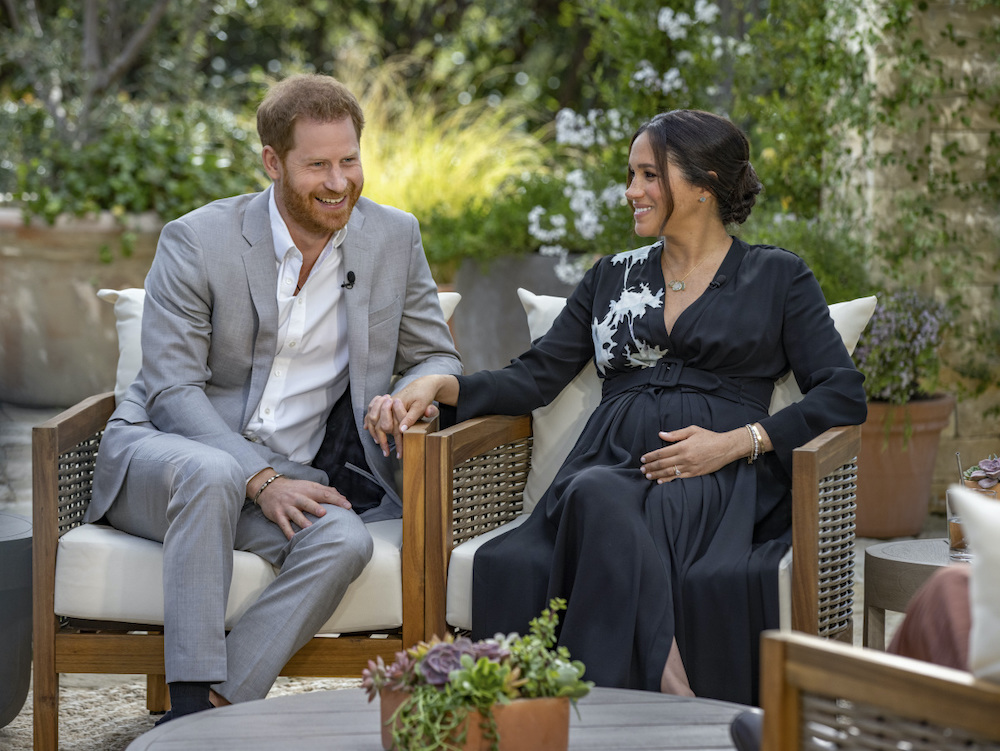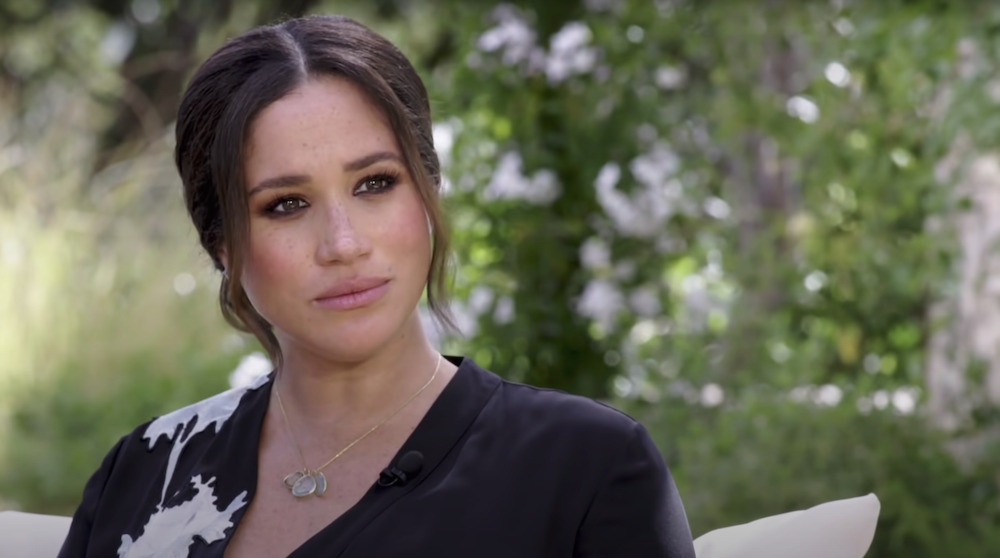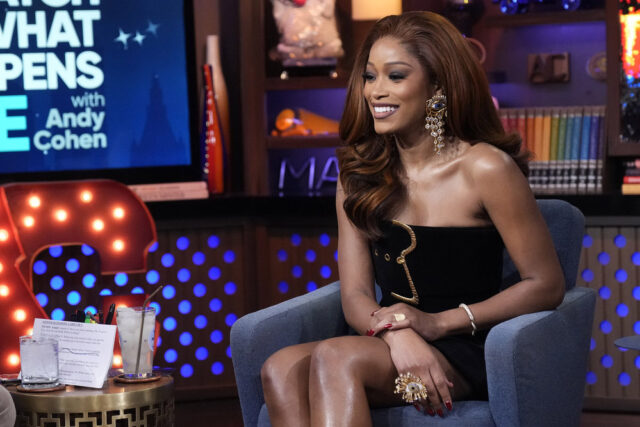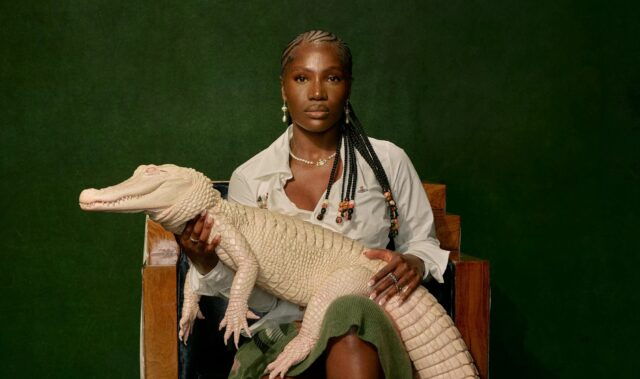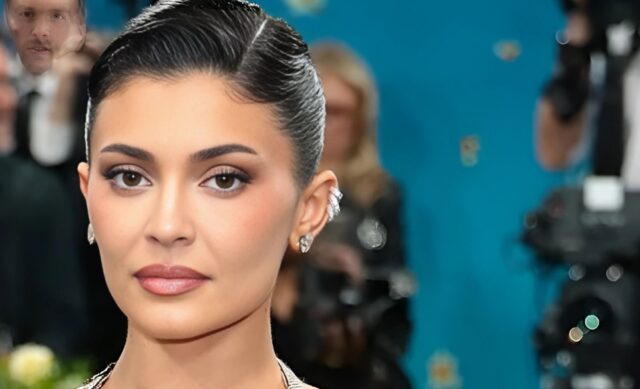UK Media’s Lack of Diversity Adds to Ongoing Racist Coverage of Meghan Markle
The lack of representation and diversity in UK media continues to add to the ongoing racist attacks and coverage of Meghan Markle, Duchess of Sussex, and her relationship with husband, Prince Harry.
In a response piece to CBS and Oprah Winfrey’s sit-down interview with Markle and Prince Harry, CNN reported that Markle suffered from racist coverage because of the majority-white newsrooms in the UK.
As a biracial woman, Markle’s family and history have come under scrutiny and unfair assumptions on the part of the white-washed UK media coverage. After Markle’s introduction into the British Royal Family, racist headlines began appearing in the UK press. For example, a 2016 article from Daily Mail called Markle “straight outta Compton” and Markle’s mother’s house a “gang-scarred home.”
Watching white reporters on UK news trying to “both sides” Meghan’s stories of royal family racism is angering. One snide reporter questioned the “context” of the Archie comments. Let’s be clear – any concerns around how dark a baby’s skin will be is RACIST. Press vitriol is real
— Piya Sinha-Roy (@PiyaSRoy) March 8, 2021
From there on, the racist undertones of coverage became more obvert with the British Royal Family refusing to intervene. In the interview with Winfrey, both Markle and Prince Harry pointed out the racism aimed at Markle and how the Royal Family family responded to tabloid coverage.
Additionally, the UK media often pitted Markle, a biracial woman who became the first person of color in the British Royal Family when she married Prince Harry in 2018, against her sister-in-law Kate Middleton, Duchess of Cambridge. The media coverage varied wildly between the two women, often praising Middleton and criticizing Markle for their roles in similar situations.
The entire media and information infrastructure ecosystem is built upon the foundation of white supremacy.
— Sabrina Hersi Issa (@beingbrina) March 8, 2021
It is one of the many reasons what Meghan and Harry did was tremendously brave. It is why the inclusive future they are working to create is so generous.#MeghanAndHarry
In the CNN report, the argument stands that the coverage results from a lack of diversity in the UK’s newsrooms. Six percent of UK journalists identify as people of color, and less than one percent identify as Black. In some part, the racist coverage against Markle is owed to a lack of Black voices in reporter and editorial positions.
Meanwhile, Markle’s story is just one way the lack of representation in the UK media affects how stories unfold. Lately, the media and journalist community has followed along in scrutiny with the entertainment industry, being reprimanded for their lack of diversity and inclusion. While Markle continues to persevere through the coverage, we can only hope that the media makes more strides to prevent other stories like Markle’s and involve more diverse education for writers.

Writer | Tweet me @Emily_N_Wolfe

